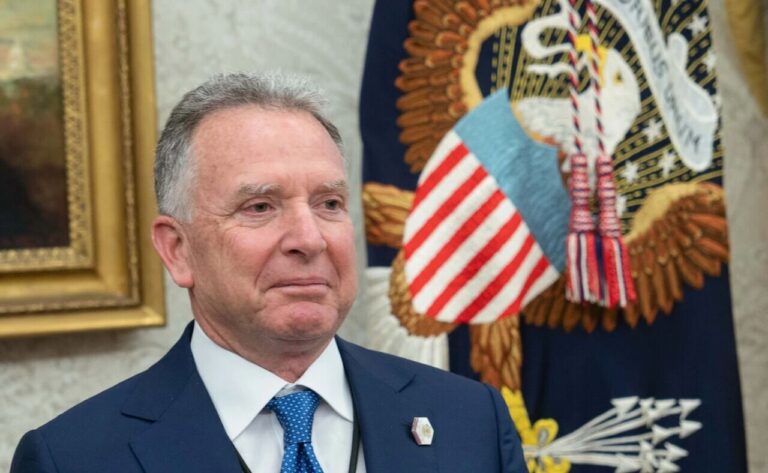Brazil Champions AI Governance in Key BRICS and G20 Talks
In a recent address at the AI Action Summit, Brazilian Foreign Minister Mauro Vieira emphasized the critical need to tackle the implications of artificial intelligence (AI) on democracy, national sovereignty, and global governance. This discourse is particularly relevant as Brazil prepares for its 2024 G20 presidency, where the focus will be on leveraging AI to improve information integrity.
According to TV BRICS, Brazil has initiated a collaborative project aimed at promoting information integrity and addressing climate change. This initiative is in partnership with significant global organizations, including the United Nations and UNESCO. The momentum from these discussions is expected to carry over to the forthcoming COP30 in Belem, where the intersection of AI, sustainability, and digital governance is set to be a major topic of conversation.
Key Focus Areas for Brazil’s AI Initiatives
- Promoting Information Integrity: Brazil’s partnership with UN agencies aims to ensure that information shared globally is accurate and reliable.
- Addressing Climate Change: The collaboration will also focus on how AI can be a tool to combat climate challenges.
- Enhancing Global Governance: As Brazil steps into the G20 leadership role, discussions will revolve around improving governance structures that incorporate AI.
- Advocating for the Global South: Brazil is keen on ensuring that developing nations have a voice in AI policymaking, especially concerning sustainable solutions.
Looking ahead to Brazil’s upcoming 2025 BRICS chairmanship, Vieira is pushing for enhanced representation of the Global South in AI decision-making processes. He articulated that the development of sustainable AI solutions necessitates the active participation of developing nations. This inclusion is vital to prevent the widening of the digital divide that often marginalizes these countries.
During his speech, Vieira also highlighted the necessity for AI regulations that emphasize democratic values and prioritize the well-being of society. He warned that without such regulations, there is a risk of AI technologies exacerbating existing inequalities and posing threats to democratic institutions.
Importance of AI in Modern Governance
The intersection of AI and governance is becoming increasingly significant in today’s digital landscape. As nations grapple with the rapid advancement of technology, the need for comprehensive policies becomes more pronounced. Here are some reasons why AI’s role in governance is crucial:
- Enhancing Decision-Making: AI can provide data-driven insights that help leaders make informed decisions.
- Improving Efficiency: Automation can streamline government processes, leading to faster service delivery.
- Addressing Global Challenges: AI can aid in tackling complex issues such as climate change, public health, and economic disparities.
- Strengthening Security: AI technologies can enhance national security by improving surveillance and threat detection capabilities.
In addition to the aforementioned initiatives, Brazil’s leadership in AI discussions is pivotal. The country’s focus on sustainable AI practices reflects a growing global trend towards responsible technology usage. By advocating for a balanced approach that includes diverse voices, Brazil aims to set a precedent for future international collaborations.
Conclusion
As the world continues to navigate the challenges and opportunities presented by artificial intelligence, Brazil’s proactive stance is crucial. The country is not only preparing for its leadership roles in international forums but is also setting an agenda that prioritizes inclusivity and sustainability. The outcomes of these discussions could shape the future of AI governance, ensuring that it aligns with democratic principles and fosters societal well-being.
In summary, the emphasis on AI as a tool for enhancing governance and addressing pressing global issues is more relevant than ever. As nations like Brazil take the lead in these conversations, the potential for positive change grows, highlighting the importance of collaborative efforts in shaping the future of technology.






